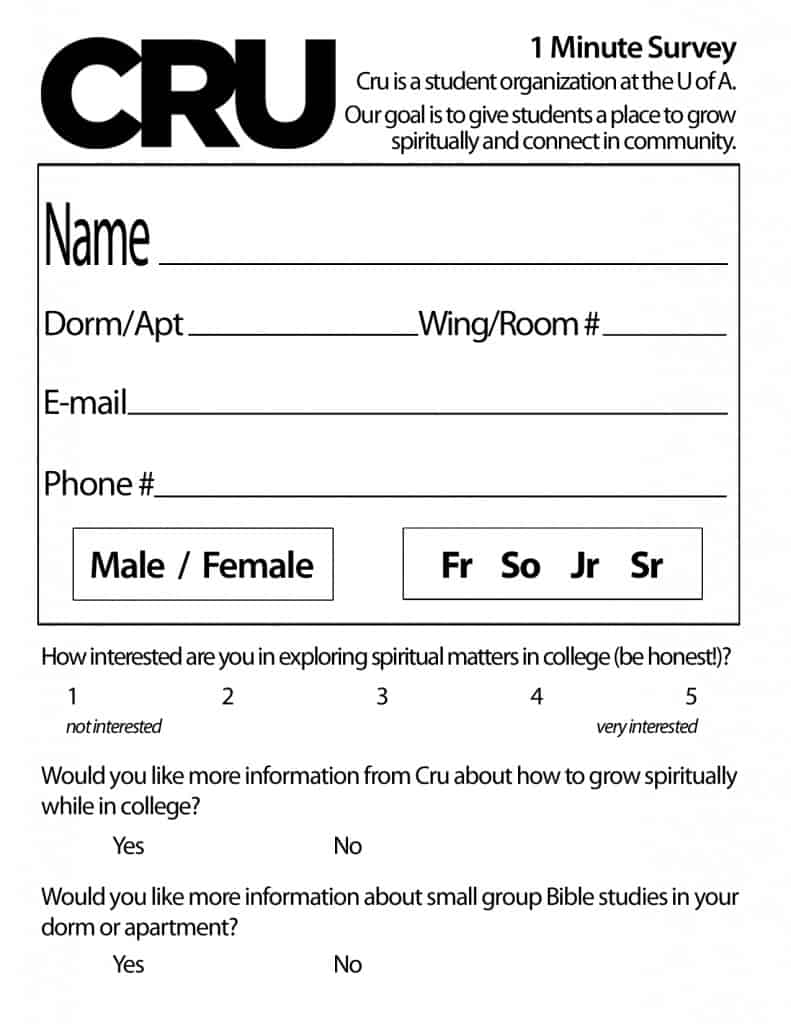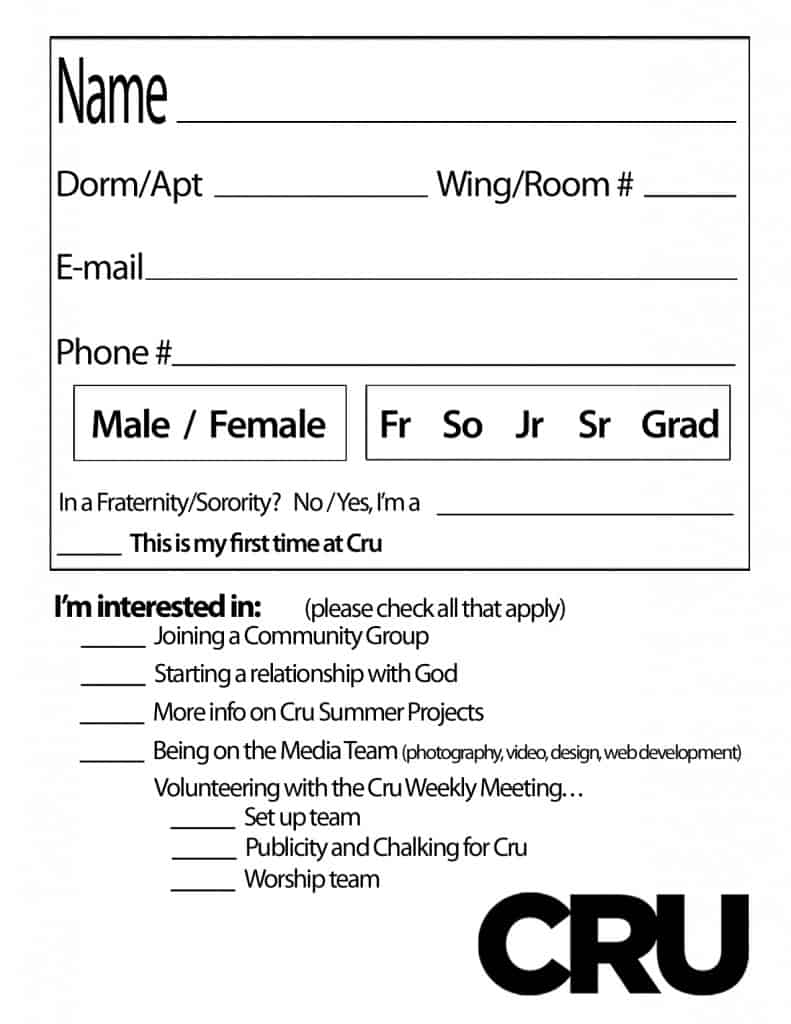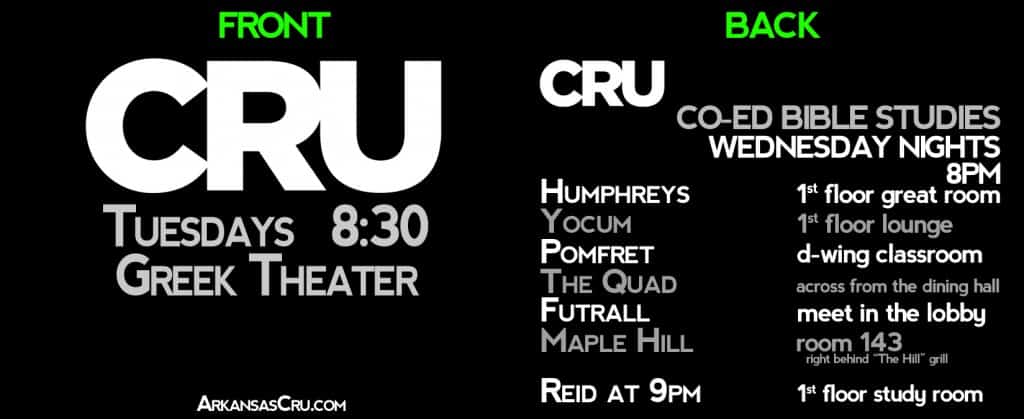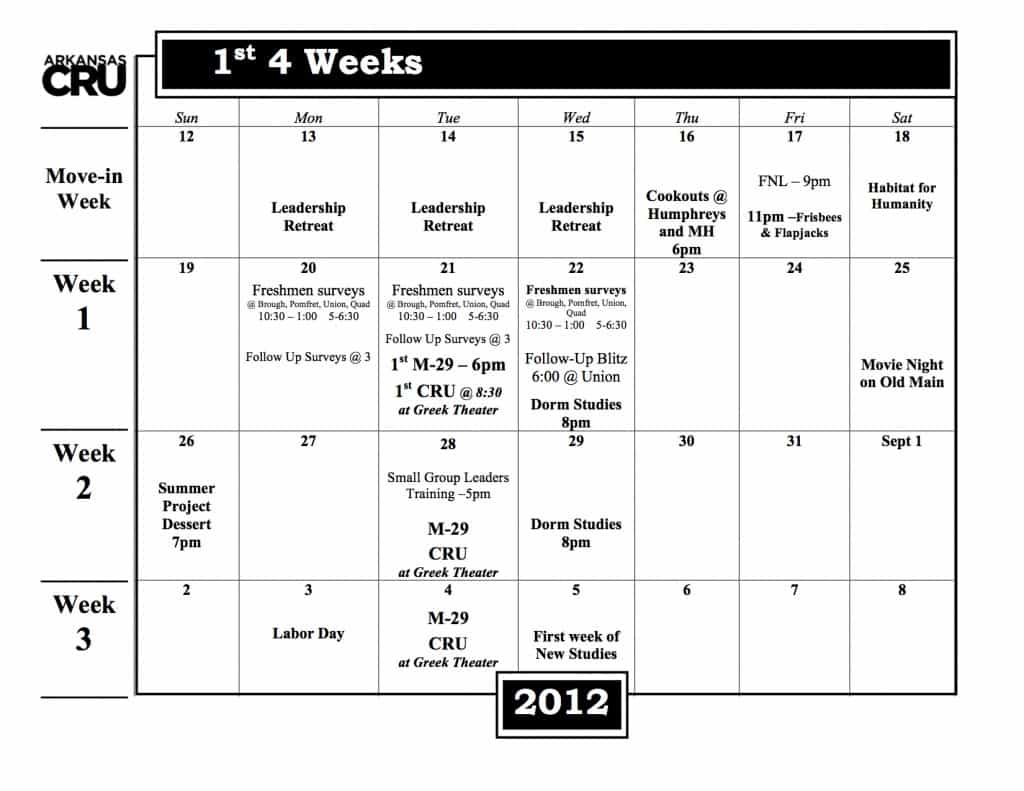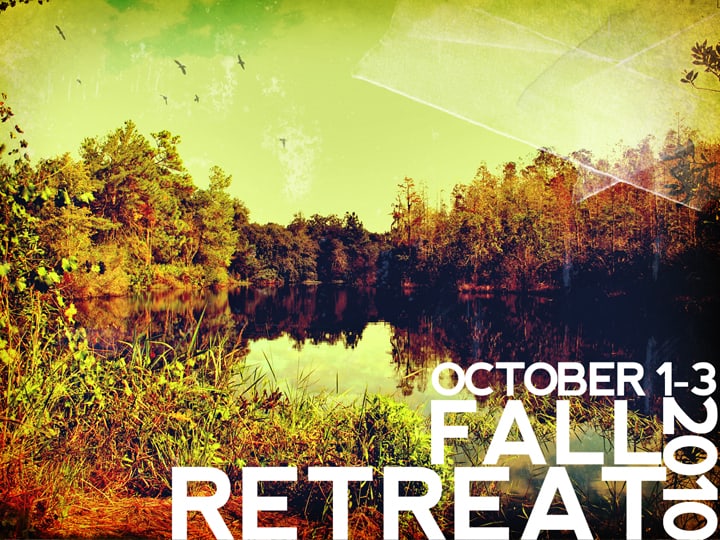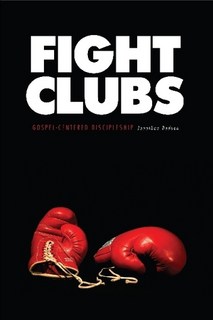A 7 week guide for doing Masterplan of Evangelism in discipleship. It has pretty detailed questions for each of the 7 weeks so it makes it really easy. We had all of our staff read Masterplan with the people they disciple.
- Are they Experiencing a vital relationship with God? (i.e. – focus on getting them consistently in the Word)
- Do they Understanding how God works (via Scripture – open their eyes to the Great Commission and His heart for the lost)?
- Have been invited to be a part of it?
My team found it very helpful.
Two Radical Commitments
Two Radical commitments are needed to build movements. A radical commitment to ongoing broad sowing and a radical commitment to wise selection.
ÂBroad sowing
I use the words radical commitment because that is really what it takes. Evangelism is the first thing to go. It is so incredibly easy to be distracted from doing it because it is really, really hard. You have to do it when you feel like it and when you don’t. When there is great response (ironically can be a distraction from doing more) and when it is really hard. Over the years I have seen staff, students, stinters and myself come up with every kind of reason you can think of why not to do it and keep doing it. It is really hard and you can be rejected and laughed at and ridiculed and persecuted. It is worth it.
ÂWise Selection
The second thing that you have to be radically committed to is wise selection. By that I mean you being very careful in who you give your time to. This is incredibly hard for someone who has just started doing campus ministry. The reality is that it does not feel kind or nice to say to someone that you cannot spend anymore time with them. Honestly you usually never have to have that conversation, they will usually self select them out.
ÂThis is so critical because you must follow Jesus model and give your life to those that are faithful, available and teachable. You have to choose to pour into those that will go on to reach the campus and change the world. When you say yes to one student you are saying no to every other student in your city. You must be committed to find the students that will go on to reach the campus. If you say yes to spend time with an unfaithful student you are saying no to the potential faithful ones. This is especially difficult to do when the soil is hard and there is not a whole pile of students to choose from. It also feels not very compassionate but if you spend time with the unfaithful you are saying that you don’t care about every other student on campus.
ÂWhat you are really looking for are key, faithful students to lead a spiritual movement on campus. You must find and/or build these student leaders. You must select wisely.
